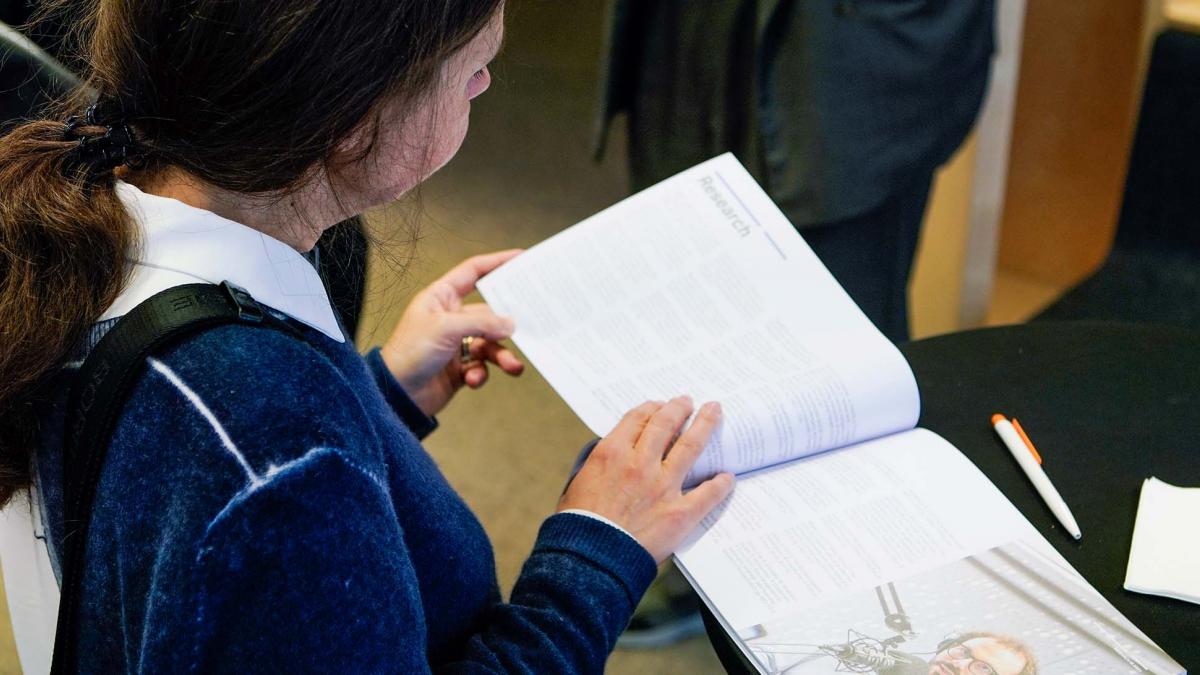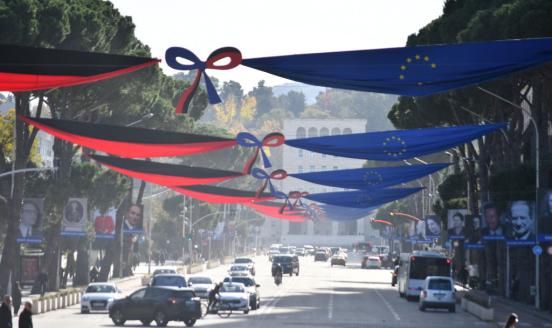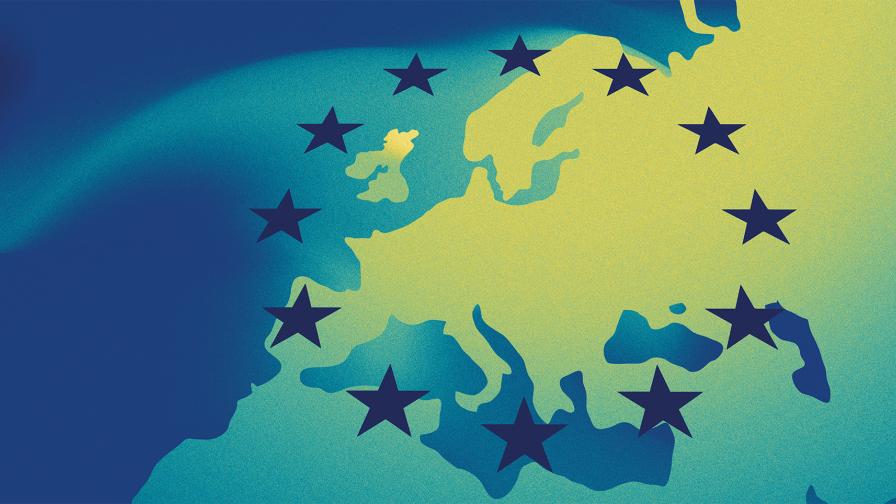
Publications
Economic analysis and policy recommendations based on rigorous academic underpinnings
Recent publications

The impact on the European Union of Ukraine’s potential future accession
This report evaluates the impact on the EU of a possible EU accession of Ukraine, focusing on economic consequences and institutional developments.

Inclusive digital economy: a round-up of project research
The rise of automation, remote employment and a diversifying workforce will necessitate a shift in how we interact with new technology

Economic arguments in favour of reducing copyright protection for generative AI inputs and outputs
The licensing of training inputs slows down economic growth compared to what it could be with competitive and high-quality GenAI

The rocky road to EU accession for Western Balkan countries: obstacles and lessons from the Eastern Partnership
The three eastern European states had practically no waiting time before being accepted as candidate countries right after application

Emerging countries have replaced most of Russia’s lost trade with advanced economies
Russian trade overall seems to have suffered little from sanctions; meanwhile, medicine and food trade continues with sanctioning countries
Publication list
Blog post
20 December 2022
If it doesn’t trade, is it really marketable debt?
Europe’s bond markets are essential infrastructure, just like the power grid.
Blog post
14 December 2022
How to fix the European Union’s proposed Data Act
The proposed EU Data Act on industrial and non-personal data should be simpler and clearer, or the benefits could be limited.
Policy brief
09 December 2022
Which mergers should the European Commission review under the Digital Markets Act?
This paper assesses which firms are likely to be gatekeepers under the Digital Markets Act.
Policy brief
09 December 2022
A European policy mix to address food insecurity linked to Russia’s war
The food crisis creates short-term challenges but also points to systemic issues in the food sector.
Blog post
08 December 2022
Do financial markets consider European common debt a safe asset?
The interest rate on European Union bonds is now almost as high as that of supposedly riskier Spanish bonds; this risks defeating their purpose.
Blog post
07 December 2022
The ‘anywhere’ jobs are not everywhere – they’re in cities
Given new remote working arrangements, online gigs can be completed in the lowest-cost locations; they’re mainly done by workers in large cities.
Blog post
07 December 2022
Will the European Union price cap on Russian oil work?
The G7 Russian oil price cap is an ambitious but untested instrument. While pitfalls exist, the cap has the potential to be the most potent sanction.
Working paper
06 December 2022
You’ll never talk alone: what media narratives on European reforms reveal about a polity in the making
In this paper, we have analysed the coverage of reforms in a European context in the leading business newspapers in the three biggest EU member states
Policy brief
02 December 2022
How to implement the self-preferencing ban in the European Union’s Digital Markets Act
The European Union Digital Markets Act (DMA) bans large online platforms under its scope from treating their own products more favourably than rivals.
Blog post
30 November 2022
The European Commission's fiscal rules proposal: a bold plan with flaws that can be fixed
The European Commission’s proposal for reforming the EU fiscal rules is far-reaching, but its shortcomings need to be addressed.
Blog post
28 November 2022
Does inflation hit the poor hardest everywhere?
Low-income households suffer most from high inflation, but in some European Union countries the inflation burden is felt more equally than others.
Policy brief
23 November 2022
Promotion of high capacity broadband to rebuild and recover from the pandemic
High-capacity broadband infrastructure will be a key enabler of a forward-looking recovery after COVID-19.
Blog post
22 November 2022
To cap or not to cap: the deal Europe needs on energy prices
An EU gas price cap would be counterproductive, but the reasons why it is supported widely must be acknowledged and addressed.
Policy brief
22 November 2022
Completing Europe’s banking union: economic requirements and legal conditions
This contribution analyses the deficiencies of the current framework and identifies possible responses, in line with three levels of reform ambition.
Policy brief
18 November 2022
Lessons for Europe from China’s quest for semiconductor self-reliance
This paper explores China's quest to become a domestic-demand-driven economy, and the lessons that can be learnt from its quest for self reliance.
Working paper
17 November 2022
Deglobalisation and Protectionism
This paper presents a data-driven examination of whether deglobalisation has happened and whether protectionism was the cause.
Republishing and referencing policy
Bruegel considers itself a public good and takes no institutional standpoint. Anyone is free to republish and/or quote any of our posts without prior consent. Please provide a full reference, clearly stating Bruegel and the relevant author as the source and include a prominent hyperlink to the original post.
Topics
Browse publications by topic

European governance

Energy and climate policy

Digital economy, labour markets, skills and health

Banking and capital markets

Global economy and trade policy

Inclusive economy
